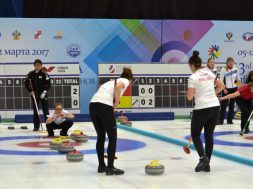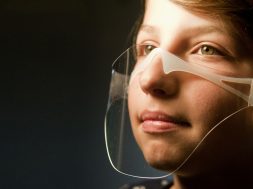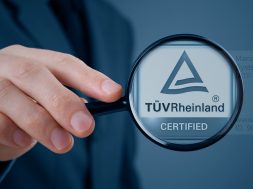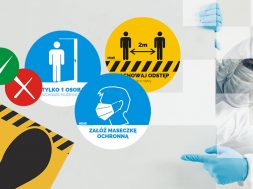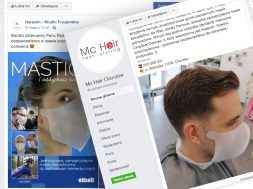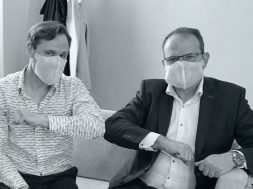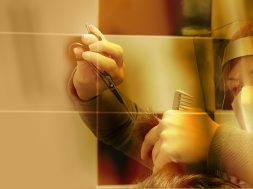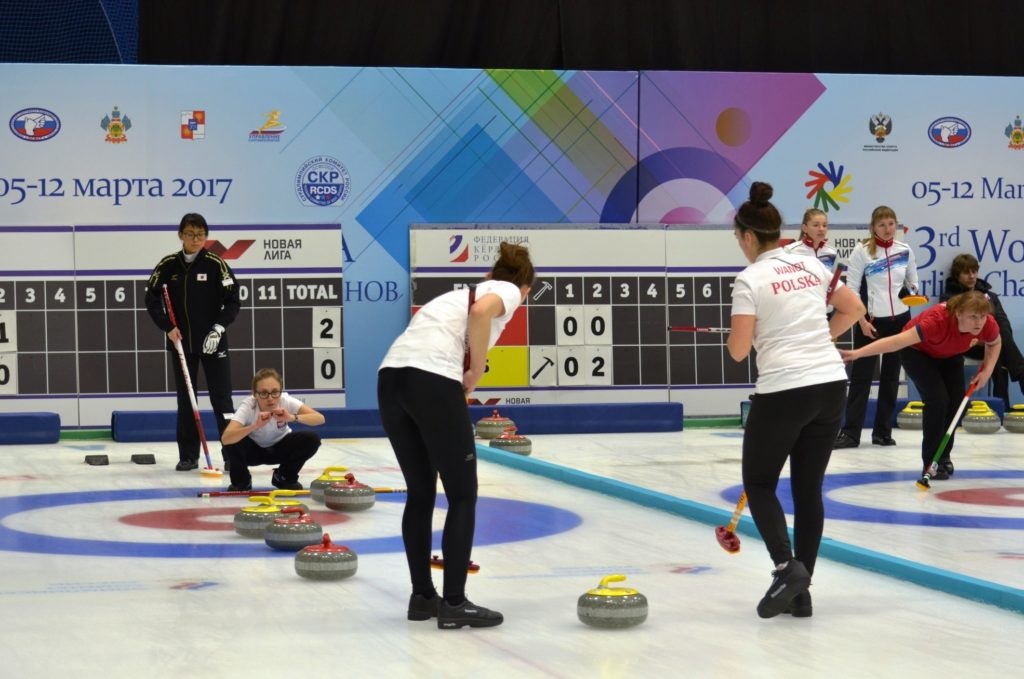
When you can’t hear the applause
Dorota Wanot, our deaf friend is successful in curling, volleyball and basketball
Emotions as at any sporting event. Only hands work harder, because all information has to be transmitted in sign language. For Dorota Wanot, our colleague working as a production machine operator, a sign language is a basic communication tool. Also during basketball, curling or volleyball matches, which Dorota intensively trains, representing Poland at international events.
How did your adventure with sport begin?
Let’s start with the fact that I have been a deaf person since I was born. I have always liked sports, but I began to train it more intensively four years ago, after joining the Sports Association for the Deaf in Gliwice (MIG), which is a representative of the Polish Sports Association for the Deaf in Silesia.
At the club I mainly train volleyball and curling. I play basketball at the Silesian Technical University students’ classes, because there are no girls in my club willing to practice this discipline. Knowing the basics of basketball enabled me to be called up to the Polish Basketball for the Deaf team and leave in 2016 for the European Championships in Thessaloniki. This was the first participation of basketball players at this kind of event after 10 years’ break.
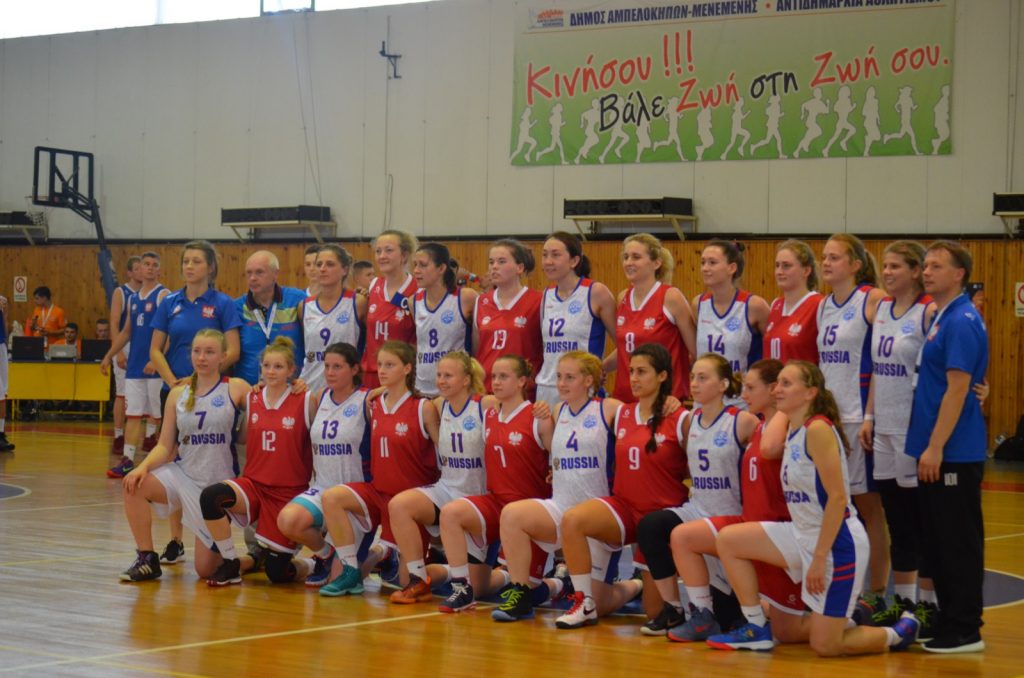
You are also training curling very intensively. For a person looking from the side this brushing ice with special broomsticks to put stones commonly called kettles as close to the target … As we can see from your engagement – it’s addictive.
Curling is also called chess on ice. The MIG Club was a pioneer of curling among the deaf and the first one to start training at the Silesian Technical University ice rink three years ago. The ice rink is equipped with all the equipment you need, however, trainings are only available once a week, since the ice rink is heavily occupied and available for only 5 months a year. It’s definitely not enough, because curling is a discipline that requires a lot of experience and lots of workouts. Unfortunately, this lack of experience was clearly visible at the Sochi World Championships in which I was recently taking part. This was the first performance of the Polish Curling of the Deaf at such an event. I hope that in next year’s European Championships we will be able to win the first game and slowly pursue the world champions.
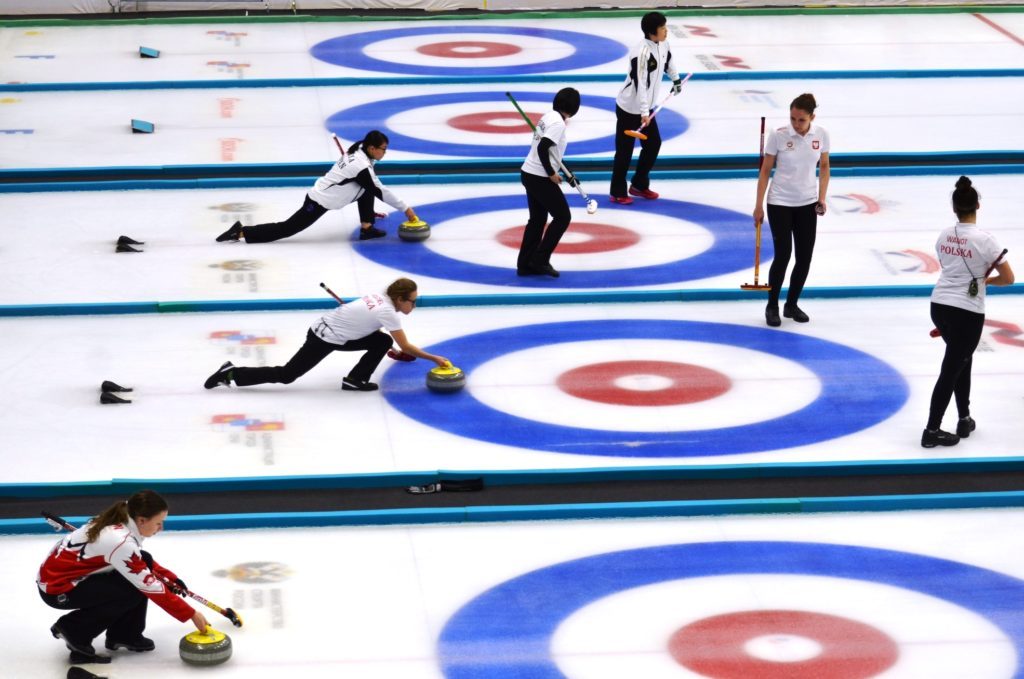
What is the communication of deaf athletes with trainers?
My coaches both from the club and from the team are experienced players who, however, do not know sign language. Each training item must be shown to both hearing and deaf people, so the voice is not important here. It is much more difficult in case of basketball where it is crucial for the trainer to be able to use sign language. This is also the case of Polish representation. In all disciplines for the deaf, sign language can be used during the competition. Wearing hearing aids, on the other hand, may result in disqualification.
Thank you for the interview, wishing you on behalf of the whole company a lot of further sports success.
(93)
